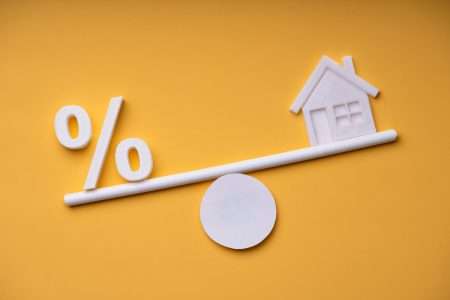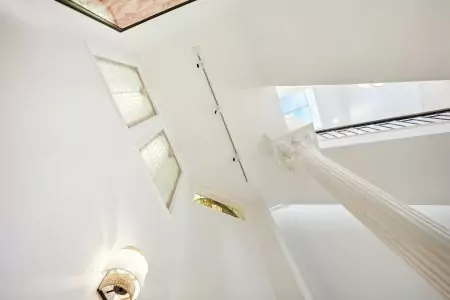Budgeting For Your Home In Retirement
Planning your finances with a retirement budget can significantly decrease money-related stress and allow you to fully enjoy your retirement. Budgeting is extremely important throughout all aspects of your life, but retirement planning is crucial to developing peace of mind. Calculating your budget for your home will allow you to decrease unnecessary spending and ensure you have enough money for your home.
Why is Having A Retirement Budget Important?

Most retirees only have the money they saved for retirement, and are usually not receiving any other source of income. That is why it’s important to be smart with how you are spending your money. To ensure that you do not take too much from your savings, it’s important to come up with a budget plan. To start, you’re going to want to create a budget with essential and non-essential expenses.
Essential & Non-Essential Expenses For Retirement
Essential expenses include all of the bills that are required to pay for every month, including mortgage payments, loans, household bills, and groceries. Look over the bills that led up to retirement and see how much money you are spending on these types of expenses, this will give you a better idea of how much money you will spend each month
Non-Essential expenses are payments that are not necessary for you to survive, which can include shopping, eating out at restaurants, or any subscriptions. Write down all of your essential expenses, and add them up to see how much you will be spending at the bare minimum. Then see if you have room for your non-essential expenses. This will give you more clarity on how much money you have for your home in retirement, and gives you the ability to cut out unnecessary spending.
Take Big Lifestyle Changes Into Consideration
If you are considering relocating into an area that is more expensive to live in, you will need to readjust your budget. A lot of people prefer to move to warmer areas when they enter retirement, so these big life changes will need to be accounted for. You may want to consider travel expenses as well if you are planning on moving somewhere far.
Create A Final Spending Plan
 After you have estimated all of your expenses, you can start your final budget plan. There are tons of apps and software you can use to track your spending, or you can simply just write everything down. Or, you can use a spreadsheet to organize your budget.
After you have estimated all of your expenses, you can start your final budget plan. There are tons of apps and software you can use to track your spending, or you can simply just write everything down. Or, you can use a spreadsheet to organize your budget.
Choose whatever feels most comfortable to you! Calculate what your actual household income will be, including social security benefits, retirement account withdrawals, a side job income, etc. Then, compare this to your monthly expenses by subtracting your expenses from your monthly income. Adjust your budget when necessary, and you will be good to go!
Test Our Your New Budget
Then, test out your new budget. The only way to see if it works is to test it out and see if there are any flaws in your budget. Make sure that your budget is realistic, and not too strict or not too lenient. If you have spent more than you anticipated, go back to your budget and see where the overspending occurred. The most important part of budgeting is just becoming aware of your spending habits.
About the author: Based in Red Bank, New Jersey, Zynergy Retirement Planning specializes in financial planning, specifically retirement planning for adults over 50 years old.
Photos by Mart Production / Pexels.com






